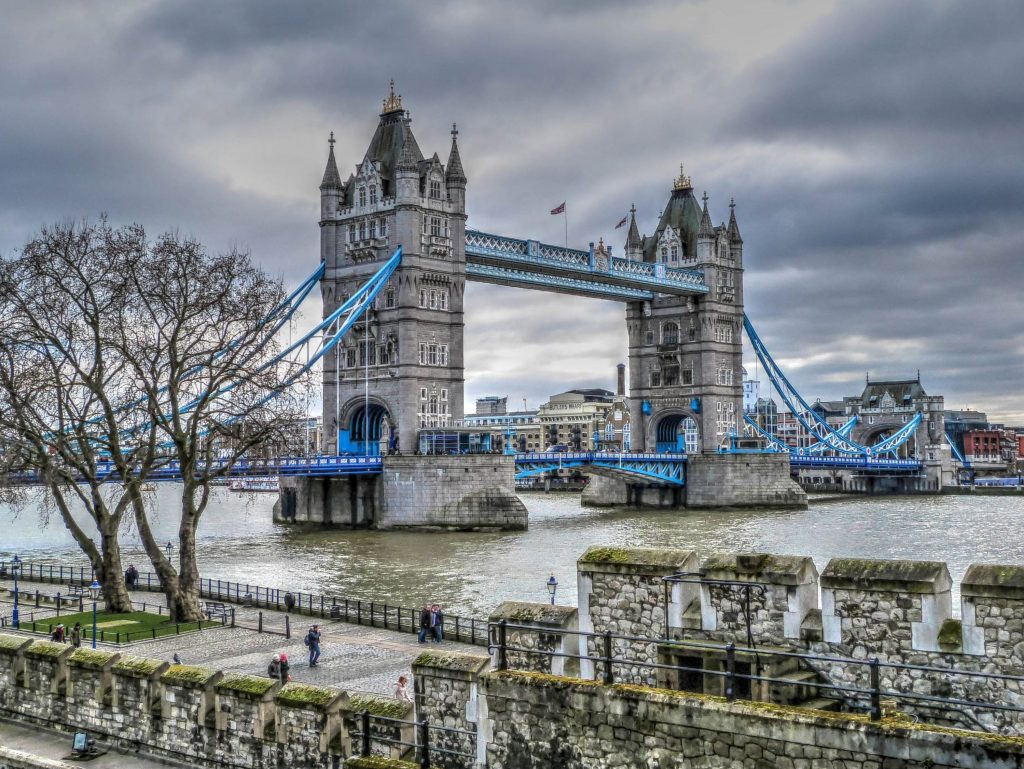By Qasim Swati (United Kingdom)
Being the largest and capital city of England and the United Kingdom, the area covering London has been a great settlement for some two thousand years in history, as Londinium (known as Roman London as well) was a settlement, initially, established on the site of the present City of London around AD 47 – 50 and used as the capital of Roman Britain in the past.
Anton Black has shed light on the national and international importance and influence of London in his article, titled “Why Is London So Important?” which has been published in Opinion 7 months ago, who has described London as a global city, one of the world’s largest financial centres, along with New York; having the world’s second-best air connexions after Dubai; and accommodating the main British firms and most international business headquarters, while accounting for approximately 22% of the UK GDP or about a quarter of UK GDP (almost £500 billion) in 2018 and making up 12.5 per cent of the population of the United Kingdom.
London influences both the politics and economy of the country, as being a financial and business hub of the UK, with having a huge impact on the financial and political atmosphere of the rest of the world. Thus, the life of London is closely connected not only with the World of Politics, but also with global culture, economy of the world and global population flows.
The city has not only its influence on politics and economy, nationally and internationally, but London has played a great role in the history of transportation, too, because the London Underground (the first underground railway of the world) was created in order to respond to the rapid growth of the city in the 19th century.
Having the position of one of the most influential cities of the world, London has a substantial impact, not only on transportation and tourism, but it influences all other sectors, departments and branches of the country as well, like professional services, development and research, media, finance, healthcare, fashion, entertainment, education, arts and commerce, among others.
Being the seat of the UK government, a large number of government departments are based in London, which has given the city the opportunity to play a pivotal role in the politics of the United Kingdom and having its huge influence on the economy of the country.
London overtook Amsterdam as the leading international financial centre after the repeal of the Corn Laws in 1846 and had been the largest city of the world from around 1831 to 1925. However, this was not the end of the story, as London became a centre for the global youth culture (the way young adults, adolescents and children live, and the practices, values and norms they share), beginning, preliminarily, in the mid-1960s.
Due to the world-wide influence of London, it was named, alongside Hong Kong and New York, as “Nylonkong”, a contraction of New York – London –Hong Kong, hailing it as the world’s three most influential global cities, by Time (an American weekly news magazine and news website) in 2008.
The role London has played in the World of Sports cannot be ignored as well, because this made London the first city to stage the Olympic Games thrice, when it was awarded the 2012 Summer Olympics on 6 July, 2005. In the same way, London became the world’s first National Park City on 22 July, 2019 due to its ambitious urban programme. Accordingly, London has gained the status of being one of the “World’s Greenest Cities”, as suggested by the London Natural History Society, with more than 40% open water or green space.
Besides being one of the largest financial centres of the world, London had the second-highest number of ultra high net-worth individuals (someone having a net worth of minimum US$30 million in constant 2018 dollars) in Europe, after Paris, in 2019. Similarly, this had the second-highest number of billionaires of any city in Europe, after Moscow, in 2020 as well.
This is because of the unique global influence of London that once Samuel Johnson/Dr. Johnson (1709 – 1784), an English writer, said about London, as “You find no man, at all intellectual, who is willing to leave London. No, Sir, when a man is tired of London, he is tired of life; for there is in London all that life can afford”, while once having a conversation with James Boswell, his Scottish biographer and friend, on 20 September, 1777, about life in London.
Qasim Swati is a freelance journalist, writer and human rights activist, based in the UK, and can be reached at https://qasimswati.com or mailto:info@qasimswati.com.

